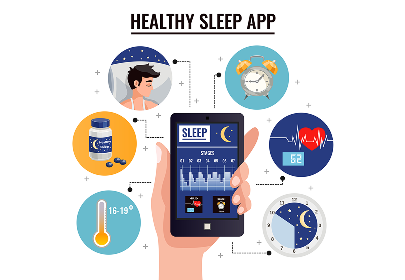Posted On June 11, 2025
Can chatbots replace human assistance
The dynamically-evolving expectations of customers have made instant gratification the new standard. To adhere to these customer expectations, organizations are utilizing aspects of artificial intelligence (AI), especially chatbots and voice-based applications. They, however, still consider the most important question of the hour. Can chatbots replace human assistance?
To put it simply, not yet, but they are getting closer than ever.
Many surveys, studies, and reports state that by 2027, 25% of organizations are predicted to use chatbots and virtual agents as their primary customer service interface. Using recorded voices minimizes the chances of mistakes, increases reliability and trust, decreases response time, and offers instant customer care at any time. Chatbots guarantee the same response to particular questions, which enhances their reliability.
The Modern Age: Speech Recognition AI Agents
Speech recognition AI agents are a tremendous new advancement in the chatbot technology world. Services like Voice API (VAPI) allow developers with the tools to create advanced and natural sounding voice interfaces.
Voice-based AI agents are innovating beyond text chatbots, and emerging as a striking new area. VAPI (Voice API) and other platforms allow developers to create sophisticated voice agents capable of fully processing inbound and outbound automated calls. This goes far beyond simple speech recognition; the agents can authenticate users, retrieve information from CRMs or ERPs, respond to queries in context, or even book appointments and recommend services — all in flawlessly natural speech.
Voice AI is especially useful in those sectors where phone support is still the predominant service channel like healthcare, automotive services, and finance. Merging voice communication in real-time with automation of backend processes transforms customer engagement in these fields.
Benefits of AI in Customer Support Services:
- Scalability Unlike human teams, chatbots can deal with thousands of conversations at once. That makes them ideal for repetitive, high-volume tasks such as FAQ responses, order status updates, and basic troubleshooting.
- Cost Efficiency Operational expenditures are lower with AI due to reduced need for a sizable support team while responsiveness is enhanced. That is a huge advantage for emerging and growing businesses.
- 24/7 Availability AI agents are always alert. Customers in different time zones, or needing post-hours support, are never left unattended.
- Insights from DataWith AI systems, user behavior and sentiment can be analyzed in real-time, allowing businesses to address pain points, enhance services, and tailor future interactions.
However, There Are Limitations
Even with all the progress made, AI systems still has problems understanding subtle details, demonstrating empathy, and responding to out-of-the-blue situations. That’s where human agents are essential.
Emotional Intelligence: AI does not possess the capacity for real empathy, and in emotionally sensitive scenarios, like dealing with an angry customer or something with a delicate nature, the human factor matters a lot.
Complicated Issue Resolution: Issues that are deep-rooted with ambiguity, exceptions, or creative answers usually require human assistance.
Building Trust and Relationships: Loyalty and trust are greatly developed through human interaction, especially in legal services, healthcare, or even B2B sales.
The Future: It’s Humans and AI, Not humans Versus AI
The most intelligent organizations are using AI to complement humans instead of replacing them. In this hybrid integration, called the best of both worlds, chatbots take care of repetitive work, and people tackle intricate tasks. Such cooperation results in swift resolution times, satisfied customers, and even more efficient support teams. For instance a chatbot can verify a user’s identity, fetch account data, and prepare context before handing over the call to a human agent.








